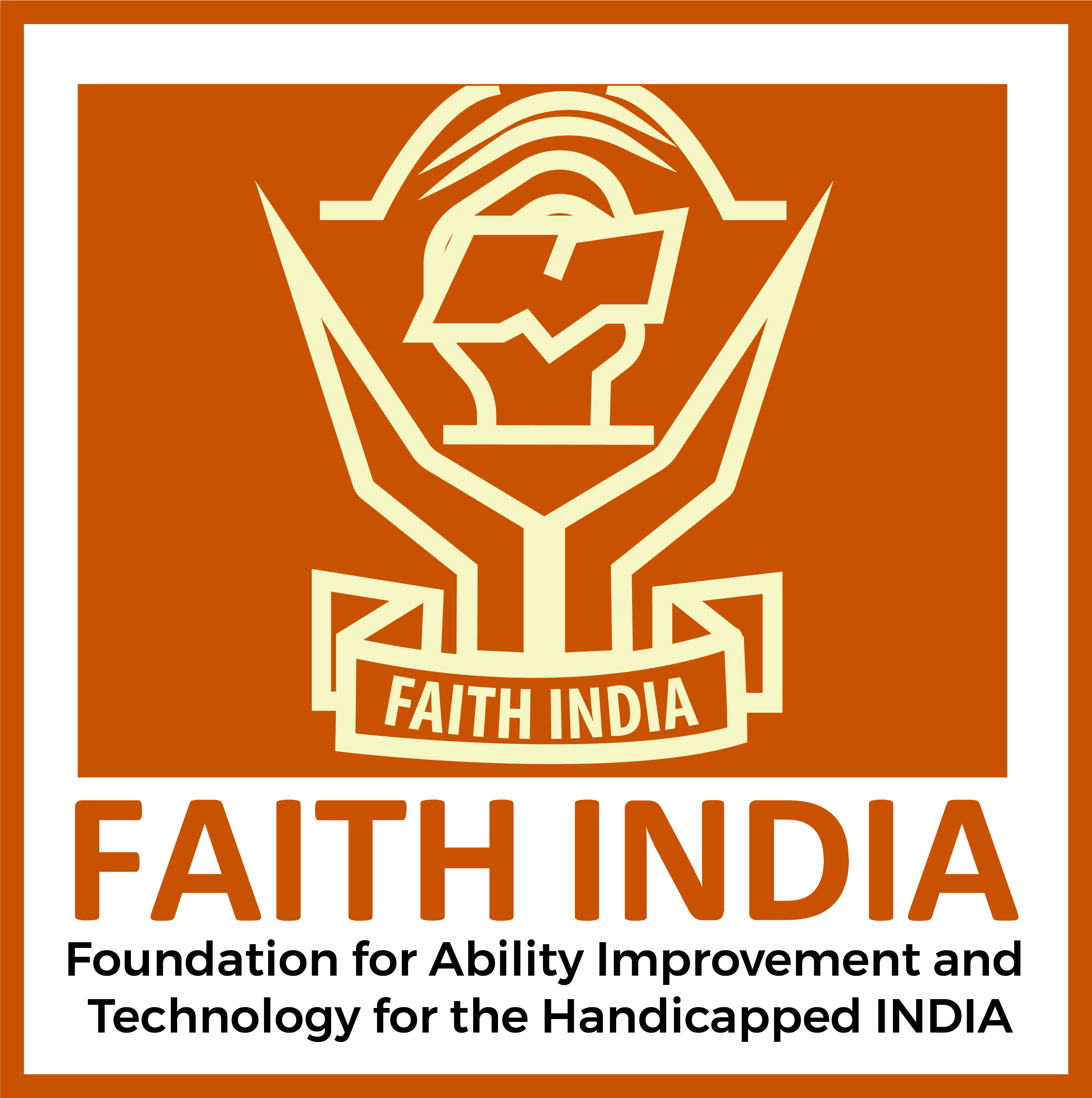Set up neurological disorders diagnostic centre and a clinic
Set up a mobile identification employment and intervention unit.
To establish residential parents training and counseling centre.
To establish a sheltered employment enclave atleast for a 200 mentally retarded adults.
To establish a regional centre for assisting development and rehabilitation of the mentally retarded in Kerala and neighbouring states.
Early intervention clinic and therapy centre for 0-5 year mentally challenged kids.
The objectives of an Early Intervention Clinic and Therapy Centre for mentally challenged children are multifaceted and aimed at providing comprehensive support to enhance the overall development and well-being of these children. By addressing these objectives, an Early Intervention Clinic and Therapy Centre can contribute significantly to the overall development and quality of life of mentally challenged children.
Objectives
Early Identification and Assessment: Identify developmental delays and disabilities at an early age. Conduct comprehensive assessments to understand the specific needs and challenges of each child.
Early Intervention Services: Provide timely and targeted intervention services to address developmental delays. Implement evidence-based therapies tailored to the individual needs of each child.
Holistic Development: Promote holistic development, including cognitive, emotional, social, and physical domains. Focus on enhancing communication, motor skills, social interactions, and adaptive behaviors.
Family Involvement and Support: Involve families in the intervention process, providing education, training, and support. Empower parents to actively participate in their child's therapy and overall development.
Collaboration with Professionals:Work collaboratively with multidisciplinary teams, including psychologists, speech therapists, occupational therapists, and educators. Foster a collaborative approach to address the diverse needs of mentally challenged children.
Inclusive Education and Social Integration:Inclusion in educational settings to promote interaction with typically developing peers. Develop strategies to foster social integration and reduce stigma associated with mental challenges.
Adaptive Technologies and Resources: Utilize adaptive technologies and resources to support learning and skill development. Provide access to specialized tools and equipment to enhance the child's abilities.
Progress Monitoring and Evaluation: Establish a systematic process for monitoring the progress of each child. Regularly assess the effectiveness of interventions and adjust strategies as needed.
Advocacy and Community Outreach: Advocate for the rights and propagate the inclusion of mentally challenged children in the community. Conduct outreach programs to raise awareness, reduce stigma, and promote understanding.
Transition Planning: Develop transition plans to support the smooth progression from early intervention to school or other educational settings. Collaborate with schools and other service providers to ensure continuity of care.
Research and Continuous Improvement: Engage in ongoing research to stay informed about the latest interventions and best practices. Continuously assess and improve services based on research findings and feedback from families.
Vocation training and Rehabilitation centre (for above 18 years)
A Vocation Training and Rehabilitation Centre for mentally challenged individuals aims to empower students above 18 years with skills, independence, and self-confidence to enhance their vocational abilities and improve their overall quality of life. .This is particularly important since these students are not permitted to continue in school after the age of 18. They end up to be a burden on the family especially those of the lower strata of society where both the members of the family need to earn for a living, making it difficult to take of the mentally challenged adult.
Objectives
Skill Development: Provide vocational training programs tailored to the abilities (especially severity of mental ability) and interests of each individual. Focus on developing practical and marketable skills that can lead to gainful employment.
Independence and Daily Living Skills:Foster independence by teaching essential daily living skills, such as personal hygiene, cooking, and managing finances, specially to those who are in this age group and were not able to take advantage of Special schools. Enhance self-care and adaptive skills to promote greater autonomy.
Job Placement and Supported Employment: Facilitate suitable job placement opportunities through partnerships with local businesses and industries. Provide ongoing support for individuals in the workplace through supported employment programs.
Assistive Technology Integration: Integrate assistive technologies and tools to enhance the productivity and efficiency of individuals with mental challenges in the workplace. Provide training on the use of assistive devices to improve job performance.
Social Skills Development: Focus on improving social skills to facilitate positive interactions in a work environment. Create opportunities for individuals to engage with colleagues and build supportive relationships.
Individualized Rehabilitation Plans: Develop personalized rehabilitation plans that address the unique strengths and challenges of each individual. Regularly assess progress and modify plans as needed to ensure ongoing improvement.
Community Integration and Inclusion: Promote community integration by encouraging participation in social and recreational activities. Advocate for inclusive practices in the community to reduce stigma and foster acceptance.
Counseling and Emotional Support: Offer counselling services to address emotional and psychological challenges. Provide a supportive environment to help individuals cope with stressors related to work and daily life.
Advocacy for Rights and Inclusion: Advocate for the rights of mentally challenged individuals to access equal opportunities in the workforce. Promote policies and practices that support the inclusion of individuals with mental challenges in vocational settings.
Life-Long Learning Opportunities: Encourage continuous learning and skill development beyond initial vocational training. Provide opportunities for ongoing education and training to adapt to evolving job market demands.
Collaboration with Employers: Establish partnerships with employers to create a supportive and inclusive work environment. Provide education and resources to employers to facilitate the successful integration of mentally challenged individuals into the workforce.
Monitoring and Evaluation: Implement systematic monitoring and evaluation processes to assess the effectiveness of vocational training and rehabilitation programs. Use feedback from participants, families, and employers to improve and refine services.



